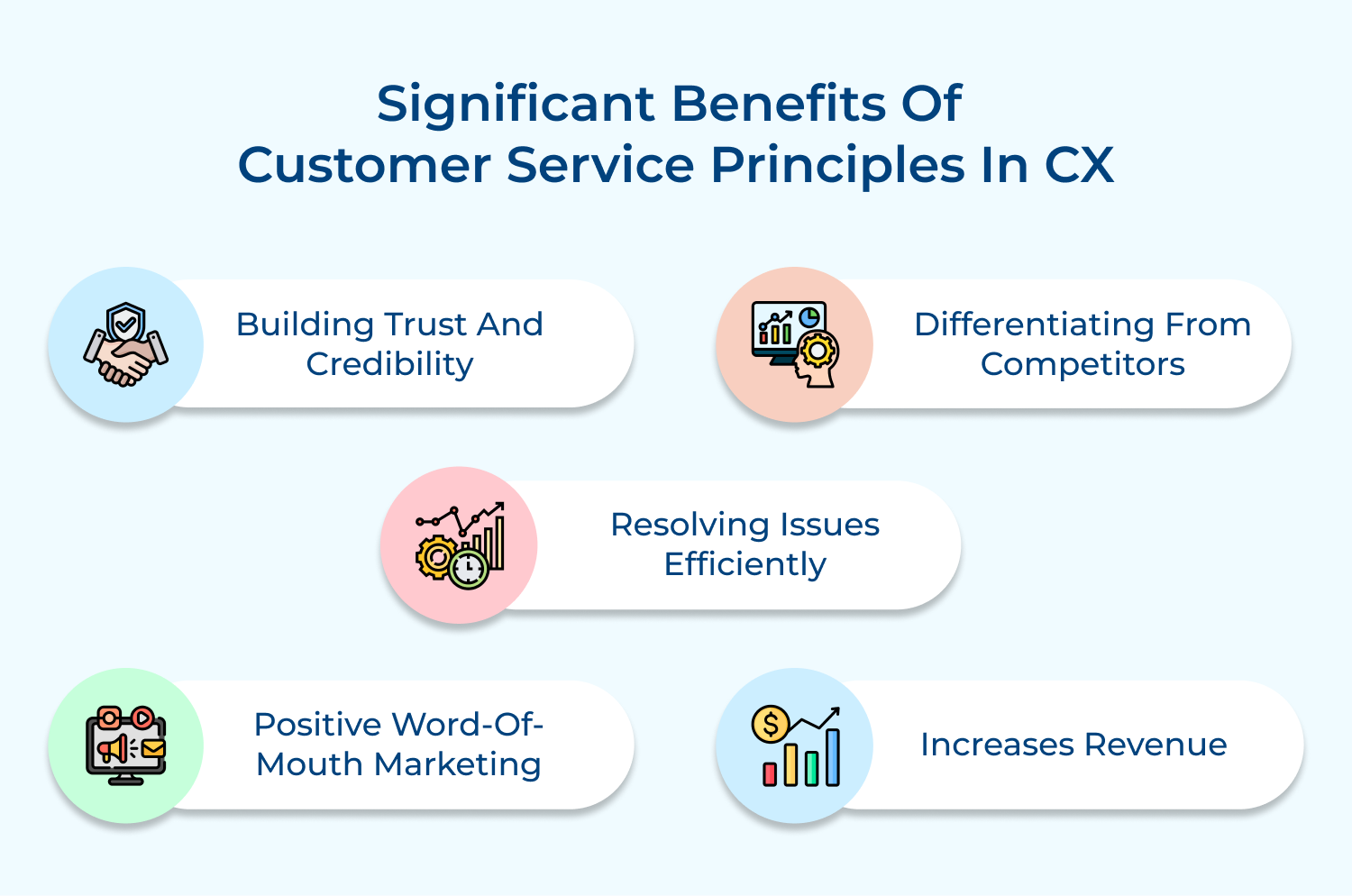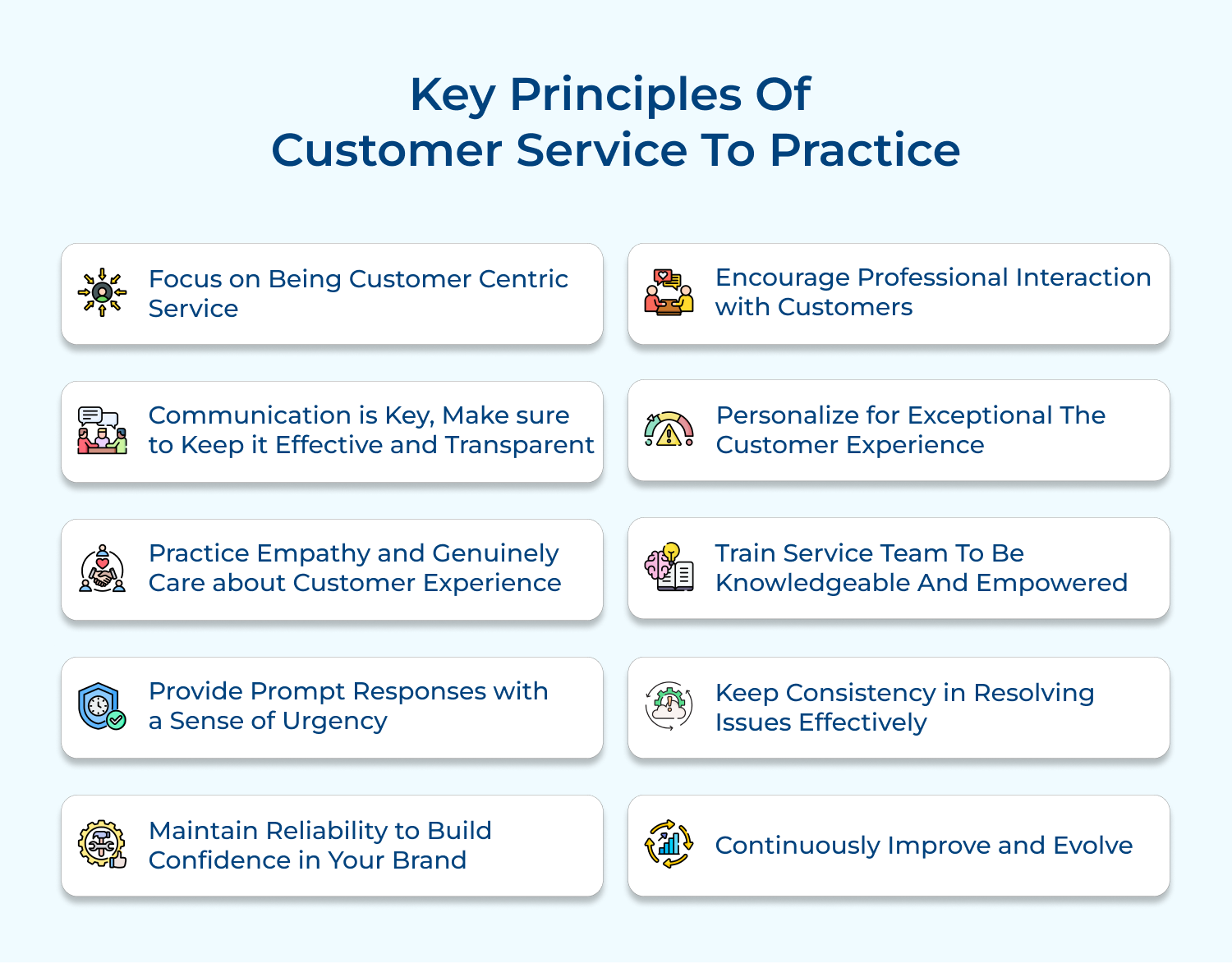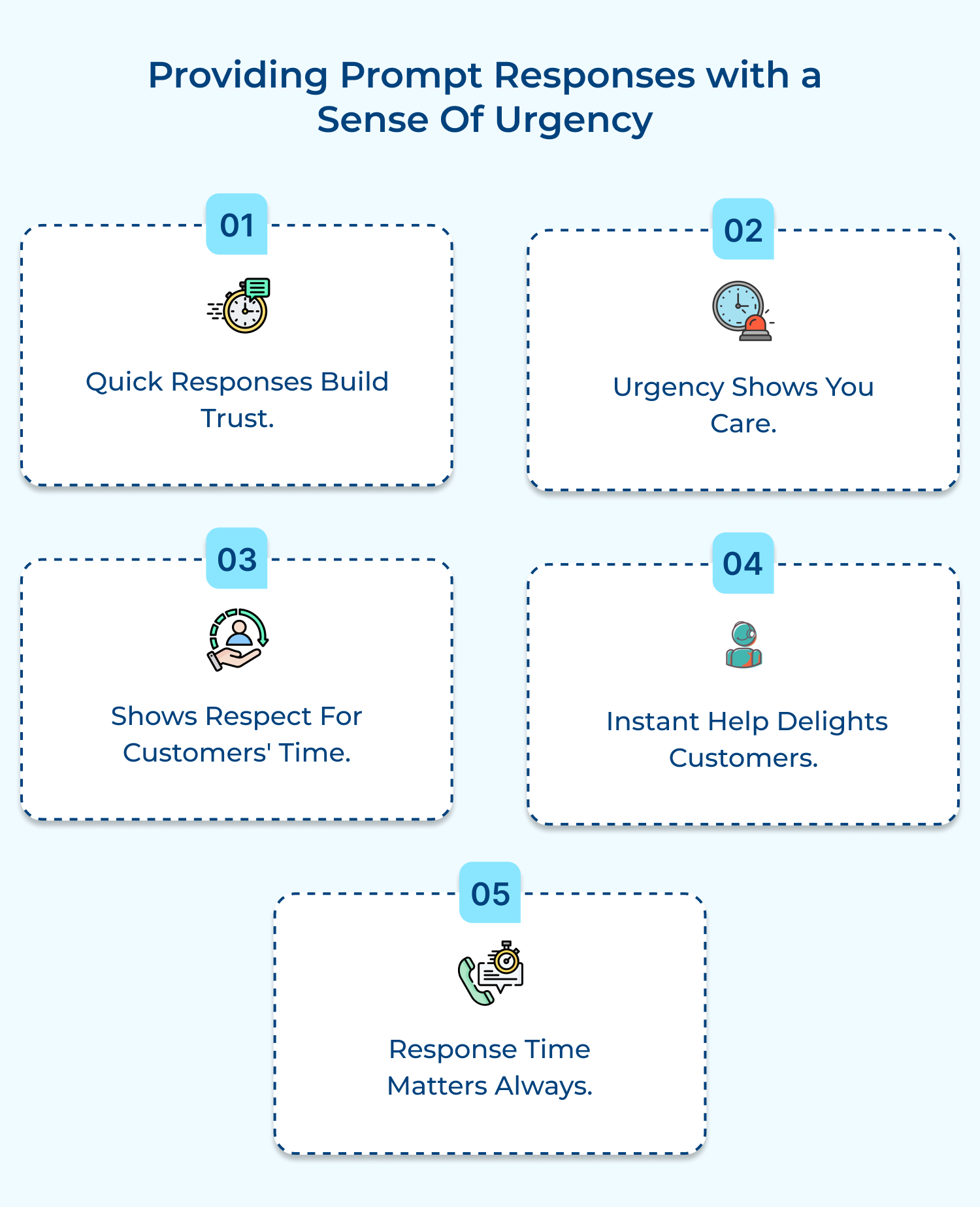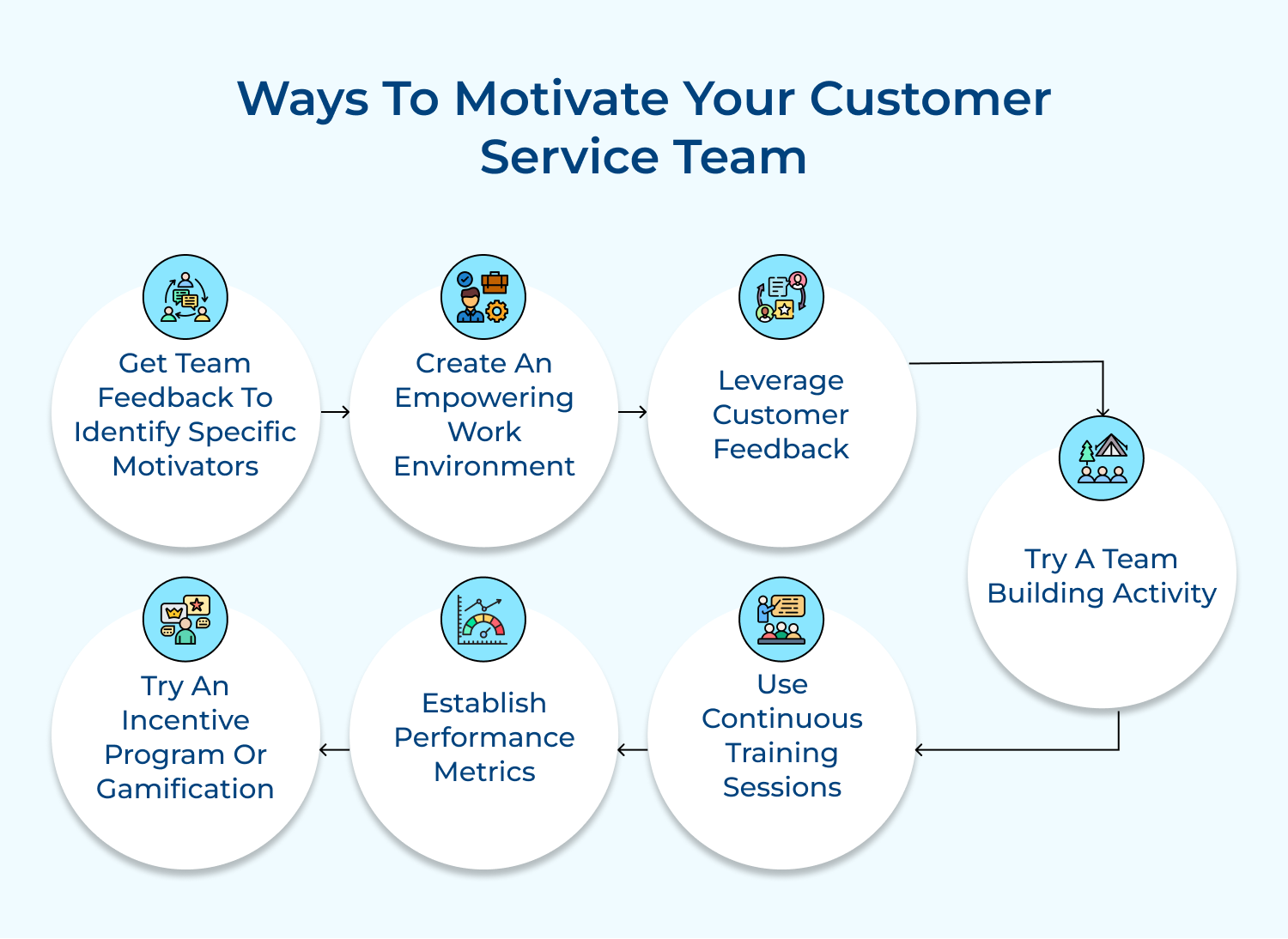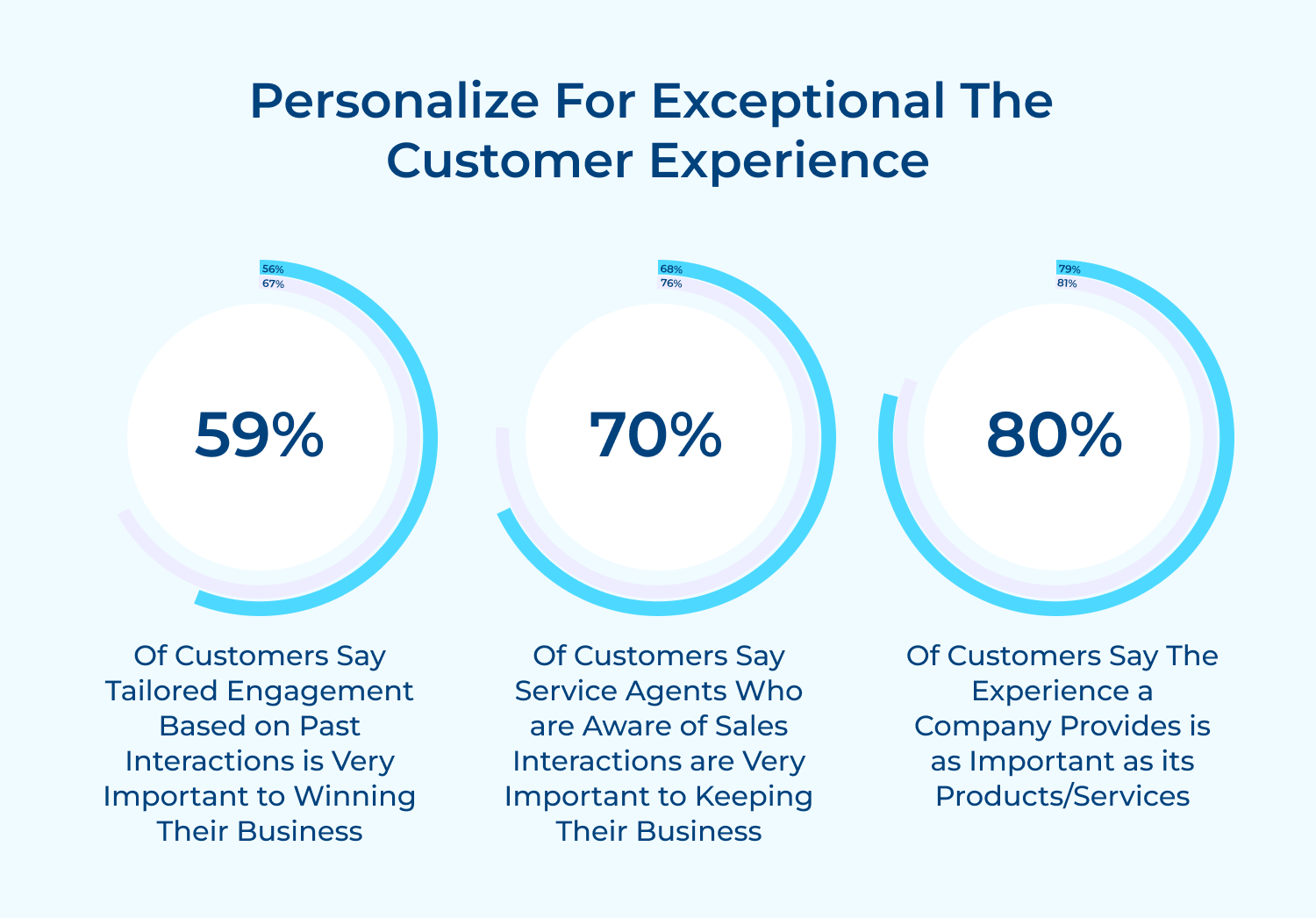1. Building Trust and Credibility
Excellent customer service builds trust and credibility among customers. When businesses prioritize customer needs and deliver exceptional service consistently, they establish themselves as reliable as well as trustworthy entities. The trust forms the basis of long-term relationships and customers are more likely to recommend the business to others, thereby expanding the customer base.
2. Differentiating from Competitors
Customer service can be a key differentiating factor. By offering proactive customer service, businesses can set themselves apart from their competitors. 89% of the customers are more likely to choose a brand that offers exceptional customer service. The differentiation can help businesses attract new customers and retain existing ones, giving them an edge in the market.
3. Resolving Issues Efficiently
Customer service principles also focus on efficient issue resolution. When customers encounter problems or have complaints, businesses that prioritize prompt resolution demonstrate their commitment to customer satisfaction. Efficiently handling issues not only resolves customer concerns but also showcases the brand’s professionalism and dedication to resolving problems.
4. Positive Word-of-Mouth Marketing
Providing exceptional customer service can lead to positive word-of-mouth marketing. Satisfied customers are more likely to share their positive experiences with friends, family and on social media platforms. The organic promotion can significantly impact the brand’s reputation and attract new customers. 68% of customers are willing to pay more for the brands that offer superior customer experience.
5. Increases Revenue
Investing in excellent customer service principles is not just a cost; it can be a significant revenue generator. Satisfied customers are more likely to become repeat customers and spend more money with your brand over time. By providing exceptional service, brands can upsell and cross-sell to customers, leading to increased average order value as well as revenue growth.
10 Core Principles of Customer Service to Practice
Whether you are a small business owner or an employee, understanding and implementing the core principles of customer service is essential for long-term success. Let’s explore them:
